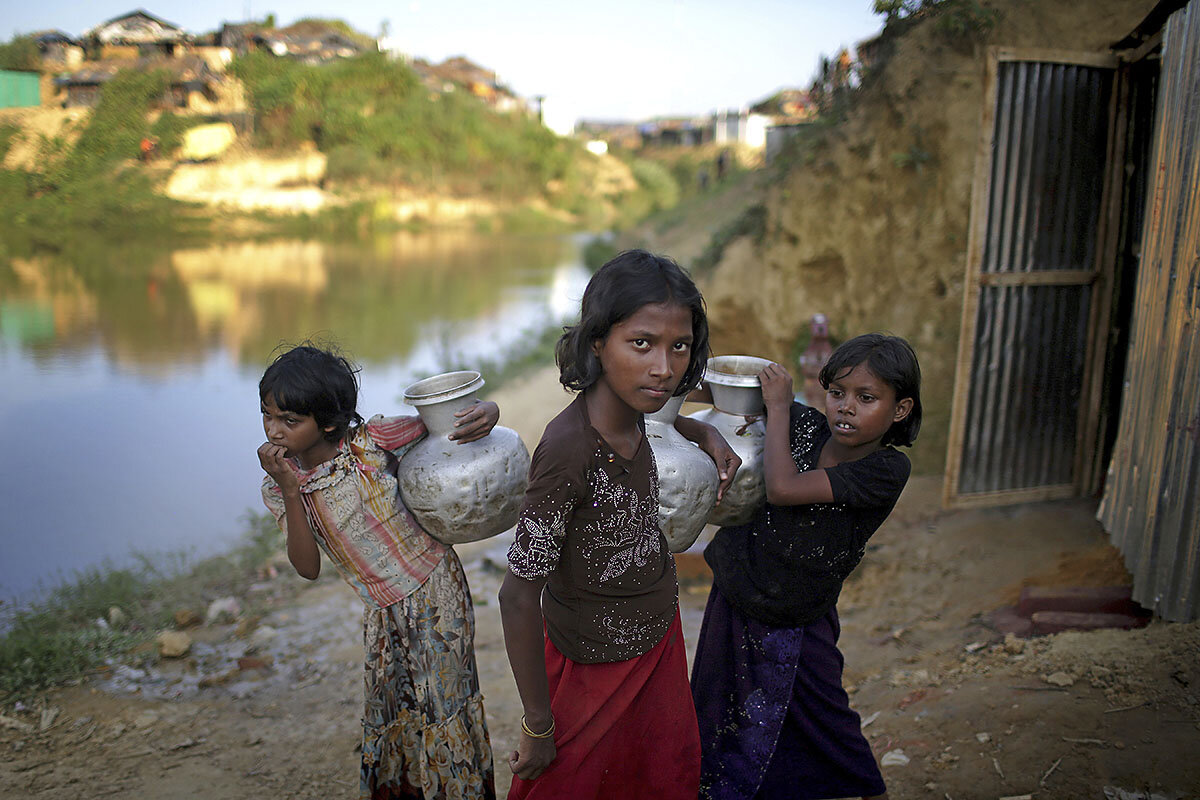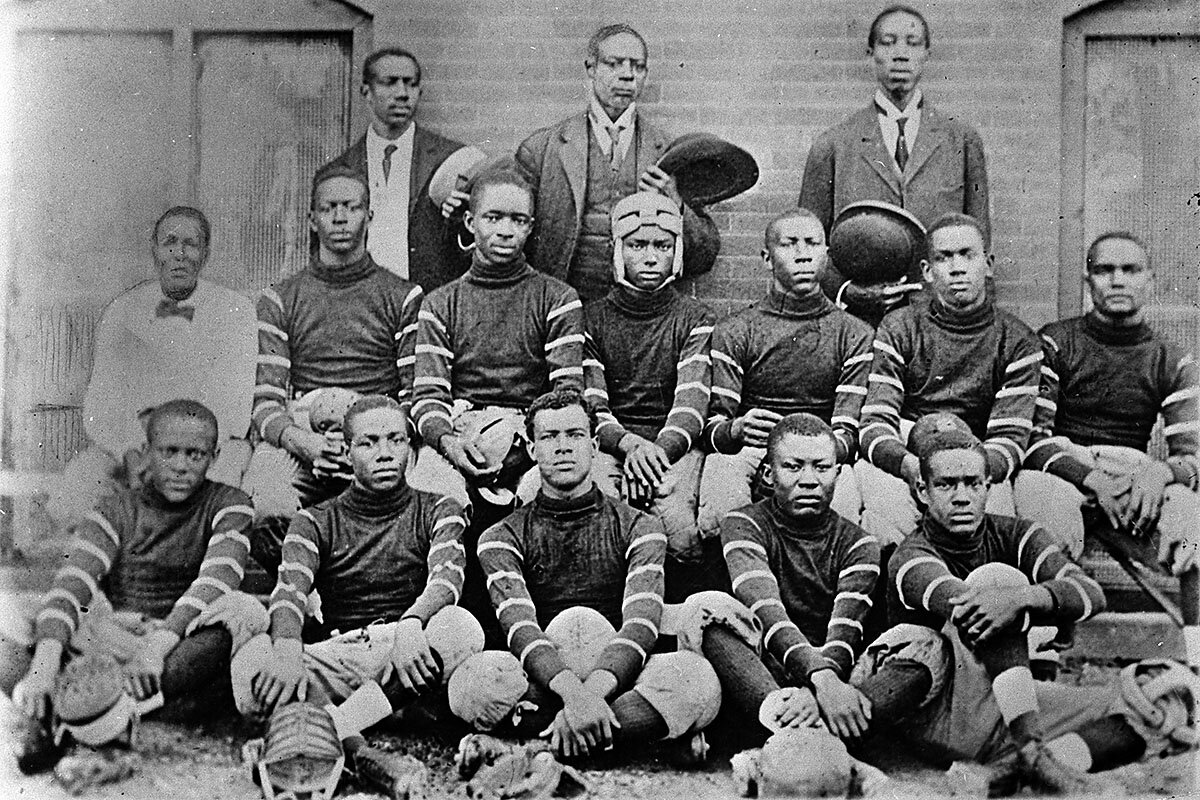Myanmar and Bangladesh have laid the groundwork for the repatriation of border-crossing refugees, Muslims from Myanmar’s Rakhine state. Some observers call the move premature. Women and girls, in particular, face danger back home, while fleeing, and in resettlement camps. And their needs are largely going unmet.
Monitor Daily Podcast
- Follow us:
- Apple Podcasts
- Spotify
- RSS Feed
- Download
 Clayton Collins
Clayton Collins
Are you Black Fridayed out yet?
It’s possible to feel that way without having swiped or typed into a single transaction today.
Part of it is the definition creep. We’ve been deleting “buy now” Black Friday email for weeks. Then there’s the question: How real are the deals? By one account more than 10 percent of items either cost the same or were more expensive on Black Friday than they were at Amazon.com.
The shopping frenzy around “stuff” has been linked to some nasty human behavior. The bigger issue with lower and lower costs, of course, is that we sometimes dissociate them from their effect on the supply chain and the workers who populate it.
In its darkest form that means human trafficking. NGOs are working on helping slavery survivors redirect into work opportunities that don’t exploit them. Small firms that marry industry with dignity keep sprouting. This year, one ethical fashion firm is even using its Black Friday sales to help fund the shipping of hydroponic container farms to its workers in Vietnam.
Can compassion and consumer restraint override a compulsion for the new and a distaste for the second-hand?
We're watching developments today in Egypt, where a north Sinai mosque has been attacked; go to CSMonitor.com for the latest.
Here are our five stories for your Friday, chosen to highlight protection, equality, and the value of understanding our past.










